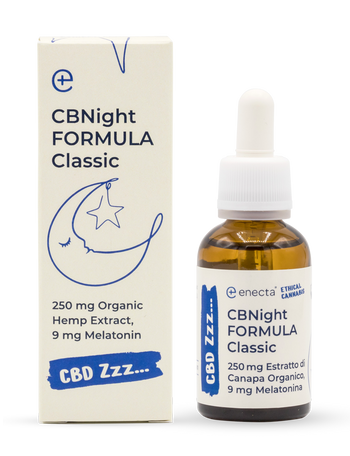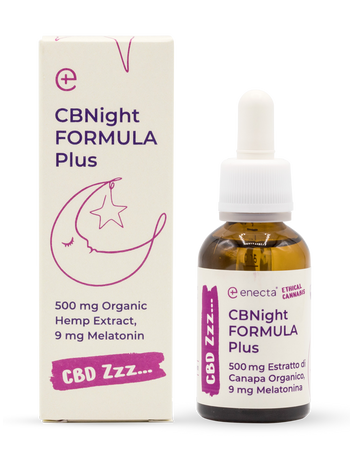Alzheimer’s disease is the most common and most widespread form of dementia. Out of all dementia patients, Alzheimer’s takes up 50-75%. As research shows, close to 850,000 people had some form of dementia in 2019 in the UK and that number is expected to rise to 1.6 million over the next 20 years.
What is Alzheimer’s?
Alzheimer’s is a form of dementia that affects a person’s memory and causes difficulties with thinking, problem-solving, and talking. The brain is composed of cells that are connected to one another, and when it’s damaged by a disease like Alzheimer’s, these connections deteriorate to the point where nerve cells begin to die.
Alzheimer’s also affects the chemicals in the brain that send signals between the brain cells. Patients with Alzheimer’s have fewer of these chemical messengers so the signals don’t reach all of the brain cells, causing them to die. This doesn’t allow the brain to function at its full capacity. The more Alzheimer’s develops, the more memory loss builds up, alongside the loss of other cognitive abilities.
Conventional Treatments and Side Effects
While there are medications that help alleviate and slow down some of the symptoms, the disease cannot be fully stopped and the damage cannot be reversed. Prescription drugs aim to help people maintain mental function and manage behavioral symptoms, but they’re most helpful for patients at the early or moderate stages of Alzheimer’s.
The most common Alzheimer’s medications used worldwide are called Cholinesterase inhibitors. They are licensed as Donepezil, Galantamine and Rivastigamine but are also commercially known as Aricept, Reminyl and Exelon respectively. Memantine, commercially known as Namenda, is used to treat moderate to severe cases of Alzheimer’s.
While these drugs have not been directly compared, there are no major differences between them, but individual patients may react better to one than the other. Like all medications, these too have potential side effects which include but are not limited to:
- Diarrhea
- Vomiting
- Loss of appetite
- Muscle cramps
- Poor sleep
While these side effects are not long term and disappear completely when the patient stops using the medication in question, they’re still a burden to bear. Another way to reduce the risk of side effects is to gradually increase the dosage, and to take medication after a meal.
The science behind CBD
CBD or cannabidiol is a chemical derived from the plant Cannabis Sativa with many healing potentials. CBD is not psychoactive, so people taking it won’t be ‘feeling ‘high’, but they may feel its proven health benefits.
Much like aspirin is derived from the bark of the willow tree, and caffeine from coffee beans, CBD is derived from the cannabis plant and is most commonly found in the form of oil.
An interesting correlation between CBD and its medicinal effectiveness is the fact that cannabinoids are not only found in plants, but in our bodies too in a related family of chemicals called endocannabinoids. They help keep our bodies mentally and physically healthy and balanced, and are one of the most widespread systems in our bodies.
CBD works together with our cannabinoids by interacting with the two major receptors. The CB1 which is responsible for our immune system and our body’s ability to respond to inflammation and the CB2 which is responsible for our mood, learning and memory.
How CBD Can Help Patients with Alzheimer’s
Alzheimer’s causes proteins to build up on the nerve cells connections - and when the brain cannot clear the blockage, it leads to inflammation. CBD oil has been proven to have anti-inflammatory properties in recent studies so it could help reduce the damage from the body’s inflammatory response to the blockage. In fact, some studies call cannabinoids the novel anti-inflammatory drug.
Furthermore, in a study conducted by Georgia Watt and Tim Karl back in 2017, rodent models with Alzheimer’s who were given CBD showed signs of improved cognitive function and slowed down memory loss. It also promoted the growth of new brain cells which could effectively slow down the deterioration of the brain function.
CBD is also an antioxidant and it helps with oxygen stress, a state which comes about when important brain functions fail to work properly.
Cannabis is widely recognized as an alternative solution to anxiety and stress as it relaxes the muscles. Both are well-known behavioral symptoms of Alzheimer’s disease and are a result of the patient’s growing lack of understanding and connection with their surroundings. This often leads to agitation, which can be positively affected by CBD as well, as it is a muscle relaxant.
While we still have much to learn about the connection between CBD and Alzheimer’s, there isn’t anything that leads to inherently bad side effects, but plenty that points toward healing potential. CBD oil has been used as an alternative medication for centuries, and considering its positive properties - no wonder!
Do you want more information about CBD?
Fill the form and download our Free Guide!


































